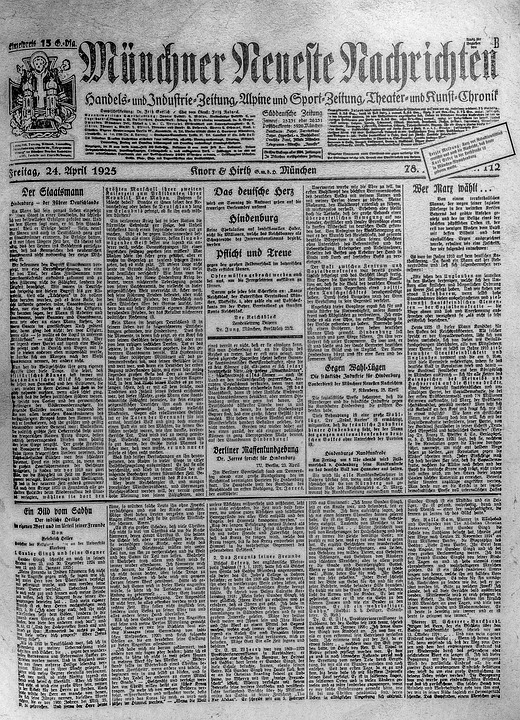[ad_1]
I see an important distinction between problem-solving as a method and decision making as a process. I see problem solving as an important component of decision-making but I see this distinction: decision-making seems to be the ultimate act of convergent thinking as a prelude to action. I see problem-solving as an analytical or intuitive process of gathering facts, sifting and sorting, ranking and filtering, and forming and describing; I see decision-making as the executive action that provides specific context and value judgments that lead towards actions. So I think they’re complementary but not identical. I think it takes different skill sets to be able to operate effectively in both domains.
There is a continuum from rationality to bounded rationality to garbage can method to recognition primed decision-making. The garbage can method describes the case where problems, solutions, money, action officers are all jumbled together in one spot with action occurring when any two to intersect. Each method can be useful, but I think the garbage can method is poorly named when in fact I think it is the most prevalent decision-making style in bureaucracies and governments in complex organizations.
I think this is because of the many different roles people are playing inside a large organization: some are resourcers , some are in sales, some are in manufacturing, some are in HR. When all of these competing agendas with their different time lines and projects are put into one big pot it is normal to see decisions being taken when any two of them come into contact. Describing this as the “garbage can method” has a tendency to trivialize this important political, sociological process.
I think Vroom’s decision-making styles continuum is excellent to the point where I use it in the classroom to describe different options available to large unit managers and leaders. The decision tree is particularly effective in laying out a systematic, coherent, logical approach to solving problems that don’t lend themselves necessarily to recipes.
Gary Klein’s recognition primed decision-making is excellent and I find it very appropriate at times when experts are in a position to make judgments within their domain of expertise. Klein offers this as an alternative to pure rational decision-making. My particular area of interest for this deals with a third category however. And that is when we are faced with solving problems and making decisions that go beyond rationality and bounded rationality domains of expertise into the area of ill structured or wicked problems. The Army is looking for ways to move from ill structured problems to the domain of semi structured problems where either expert or rational decision-making then becomes appropriate. I am examining how the Army’s proposed theory compares to current theory and practice in this area.
I think it’s important to address the distinction between problem-solving and decision-making so that you can be clear is a leader about what you’re currently doing and so that your people are not confused.



